Clinical Data Management (CDM) plays a pivotal role in the realm of clinical research, acting as a crucial phase that yields a wealth of high-quality, dependable, and statistically robust data derived from clinical trials. This process not only ensures the accuracy and reliability of the collected information but also significantly expedites the overall drug development timeline, bridging the gap between initial research and market introduction.
The advantages of implementing a robust clinical data management system encompass a range of substantial benefits that positively impact the entire clinical research process:
Controlled and Standardized Data Repository: CDM establishes a structured and organized repository for all clinical data. This ensures that data is consistent, accurate, and easy to access, enabling researchers and stakeholders to confidently make informed decisions based on reliable information.
Centralized Data Management and Analysis: By centralizing data, CDM simplifies the management and analysis process. Researchers and analysts can efficiently access and interpret data from a single source, minimizing errors and streamlining the decision-making process.
Reduced Operations Costs: Implementation of a clinical data management system leads to a reduction in operational costs for both the IT infrastructure and the overall business. Streamlined data handling processes and standardized protocols result in optimized resource utilization and cost savings.
Increased Process Efficiency: CDM enhances the efficiency of clinical research processes by automating data entry, validation, and cleaning. This automation minimizes manual errors, accelerates data collection, and ensures a smoother workflow throughout the research lifecycle.
Improved Submission Quality: Regulatory submissions are a critical aspect of clinical research. A well-structured CDM system ensures that the data submitted to regulatory authorities is accurate, consistent, and compliant with regulatory standards. This, in turn, increases the likelihood of successful approvals and expedites the regulatory review process.
Conformity with Defined Standards: A robust CDM system ensures adherence to industry standards, regulatory requirements, and best practices. Compliance with established guidelines enhances data integrity, facilitating cross-study comparisons and promoting transparency and credibility within the research community.
In conclusion, Clinical Data Management (CDM) serves as a linchpin in the clinical research landscape, contributing to the generation of reliable, high-quality data from clinical trials. The implementation of a proficient CDM system yields a multitude of benefits, including streamlined operations, improved efficiency, enhanced data quality, and conformity with industry standards. As a result, CDM significantly contributes to expediting drug development and reducing the time it takes for a new drug to progress from development to market availability.




